The SNP government’s budget may well be terrible economics, but it is certainly terrible politics.
Rarely has an event been so inadequately promoted, a stage so poorly set and a part played so badly.
The SNP budget is, indeed, a tragedy in three parts.
Firstly, there were the weeks and months and years leading up to the act itself.
Throughout this period everyone – audience, actors, critics – knew it was going to be bad.
As early as May this year – a full eight months ago – it was confirmed that the Scottish Government was facing a budget shortfall of at least £1billion.
Many economists had been warning of such a reality for much longer.
Thus, Humza Yousaf – like everyone else – must have been aware that his first budget as first minister was likely to be extremely difficult, with tax rises and spending cuts needed, not to fund anything additional but merely to balance the books.
‘Wild spending commitments’
Blessed with such knowledge, the politically astute course of action would be to cast someone else – ideally a rival – as the villain.
Kate Forbes, the sitting finance secretary who had run him so close in the recent leadership election, was ideally placed to play this part for Yousaf.
Instead, he forced her from the cabinet to the backbenches where she is free to criticise difficult decisions that Yousaf has, inexplicably, chosen to own himself.
To make matters worse, Yousaf’s chosen actor – Deputy First Minister Shona Robison – could win an Oscar playing a rabbit in headlights but is far less convincing as a finance secretary.
Equally, empowered with the knowledge his first budget was going to be a difficult one, Yousaf had an opportunity to set the narrative in his favour.
He had the time and space to prepare the public for the difficult decisions that would come, softening the inevitable blow.
Instead, he made wild, unaffordable spending commitments – not least the costly council tax freeze – and argued for additional taxes not to cover the budget shortfall, but to fund new spending.
This is why, for instance, many charities are frustrated that there was not a greater child benefit uplift in the budget, because this is what Yousaf had initially promised the new advanced tax rate would cover.
Thus, Yousaf has left himself in a position where frustration at his government’s budget is both entirely understandable and entirely avoidable.
If this advanced promotion was foolish enough, the immediate lead up very much confirmed the SNP budget – delivered on Tuesday afternoon by Ms Robison in Holyrood – as an amateur production.
Presumably to try and get the bad news dealt with ahead of time, the nationalist spin machine briefed out its intention to create the advanced tax band for those earning more than £75,000.
But rather than allow Yousaf to move the conversation on, it left the SNP government unable to rebut the substantial and sustained criticism that followed the briefing.
Bad politics
Prominent business groups came out against the scheme, warning it would hit growth and leave Scotland at a competitive disadvantage.
Sir Tom Hunter, one of Scotland’s most prominent businessmen, joined the fray, suggesting tax hikes were being used to cover SNP waste.
Rather than move the tax increases backstage, the SNP’s operation made them centre stage.
This brings us to the third and final act. Raising taxes at any moment is, of course, deeply unpopular.
But it is particularly bad politics to do so unashamedly and unapologetically just months away from a General Election.
Both the Secretary of State for Scotland, Alister Jack, and the Prime Minister Rishi Sunak, have strongly hinted at their intention to cut income taxes for the rest of the UK in March.
By how much is yet to be seen, but – whatever the amount – it will leave Scottish taxpayers even worse off thanks to the SNP’s decisions.
Few, including Yousaf himself, can be surprised if those same Scottish taxpayers then choose to express their frustrations at the ballot box.
None of this, of course, addresses the economic impacts of the budget.
‘Budget impact will take years to assess’
Businesses and think tanks are already warning that the tax changes will make it harder to attract and retain much-needed skilled workers in Scotland.
Universities, already struggling, have had their funding cut further, while budgets – such as those for vital services like housing – have been decimated.
As ever, people in Scotland will be paying more and more and getting less and less, making a mockery of the “social contract” defence so regularly rehearsed by SNP actors.
Whether the tragedy of the SNP budget truly wrecks Scotland’s economy will only be fully understood in years to come.
But it is already clear that, when it comes to assessing the decline of the SNP under Yousaf’s leadership, it is the politics of the budget – rather than the economics – that will prove the most decisive.
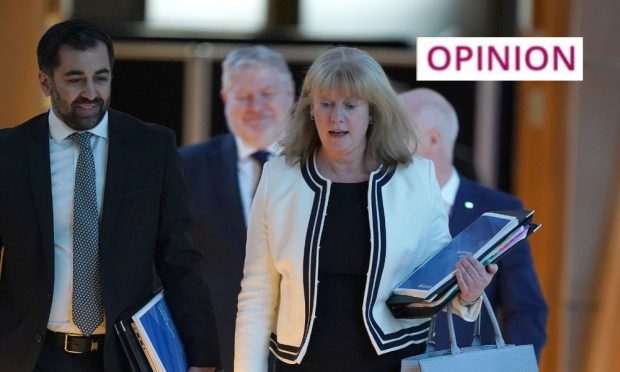
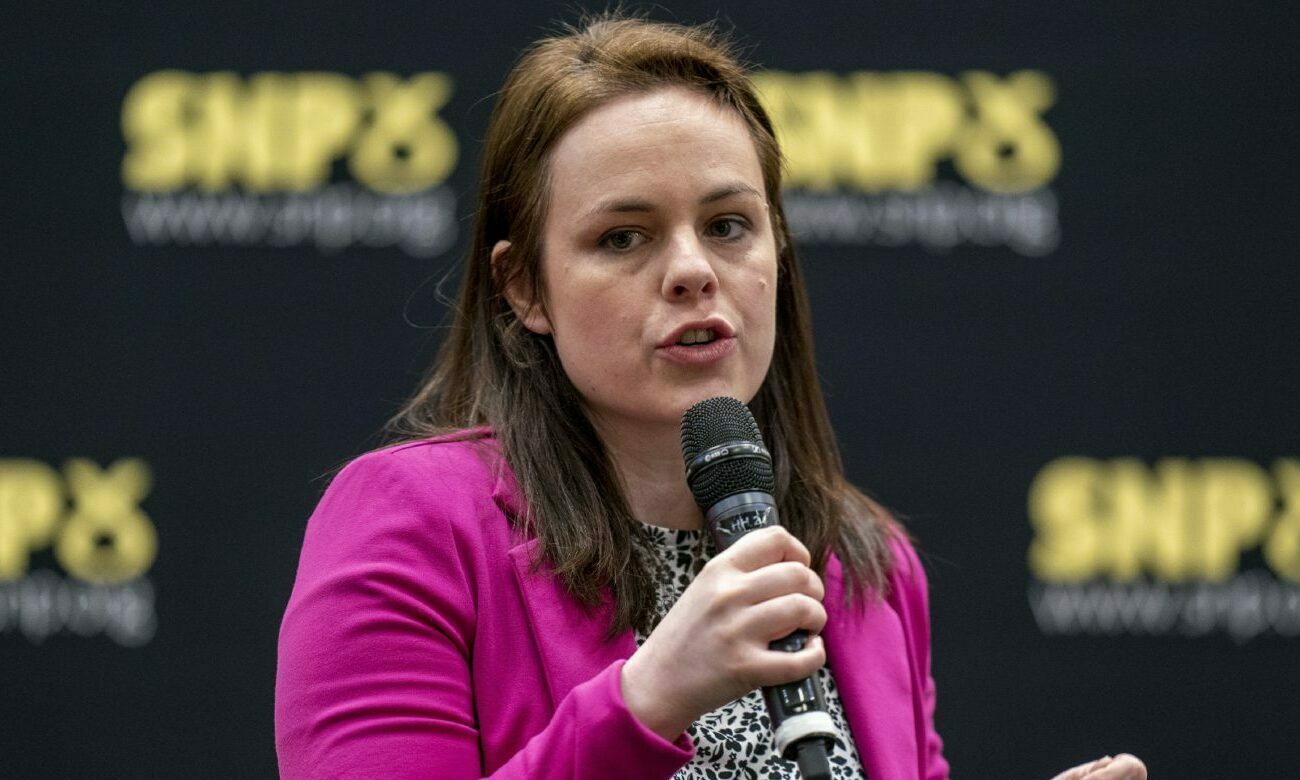

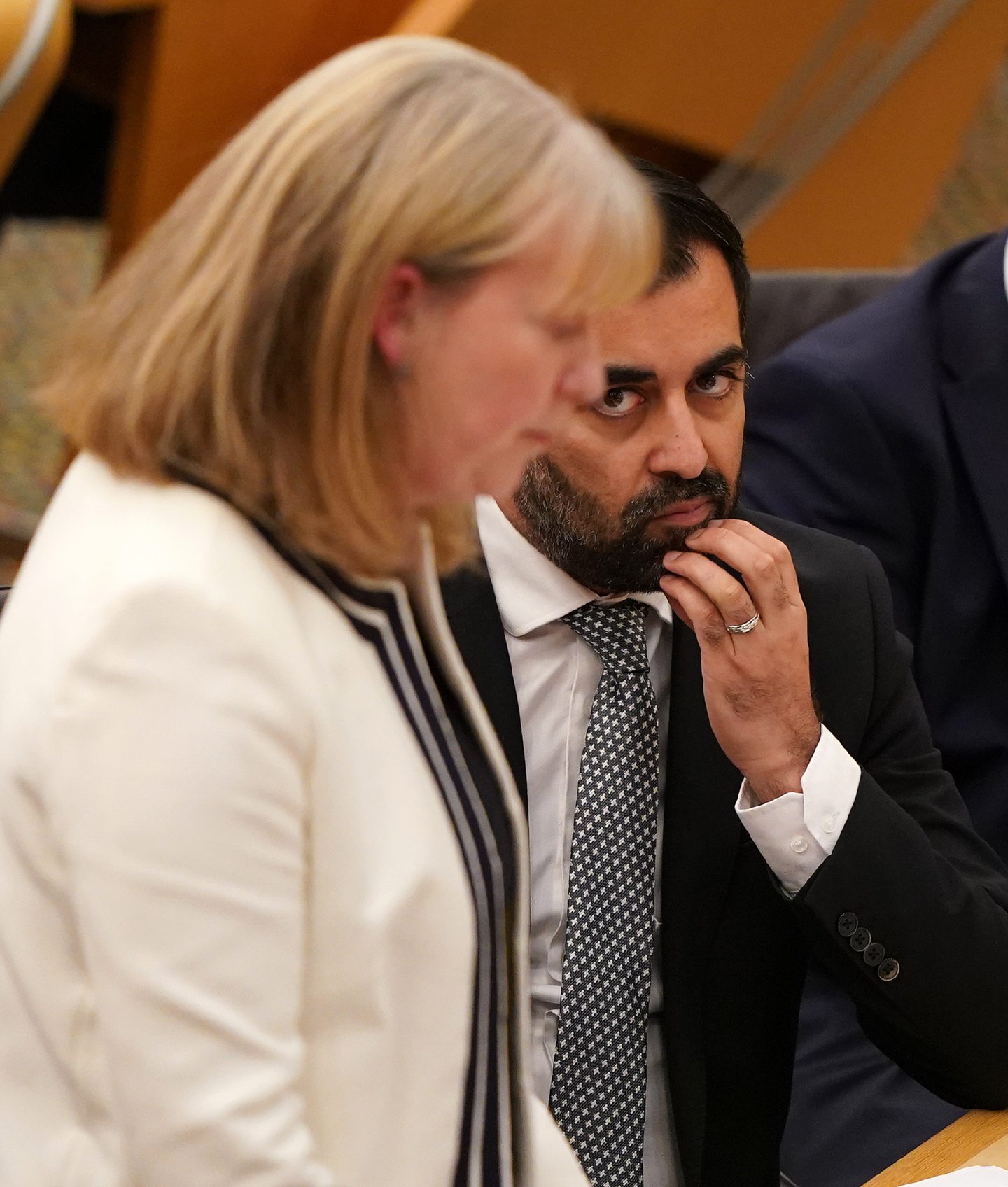
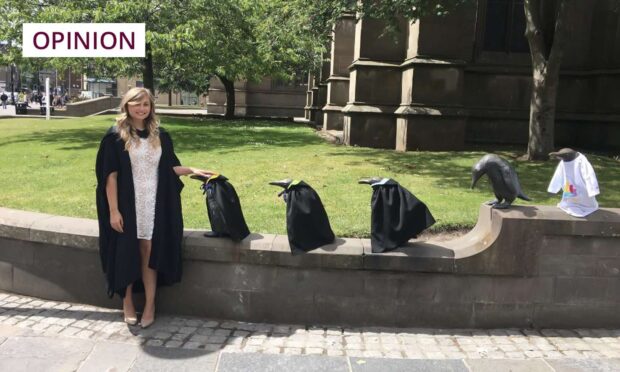
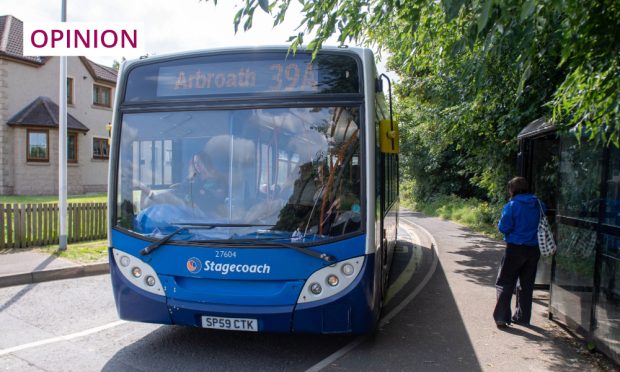
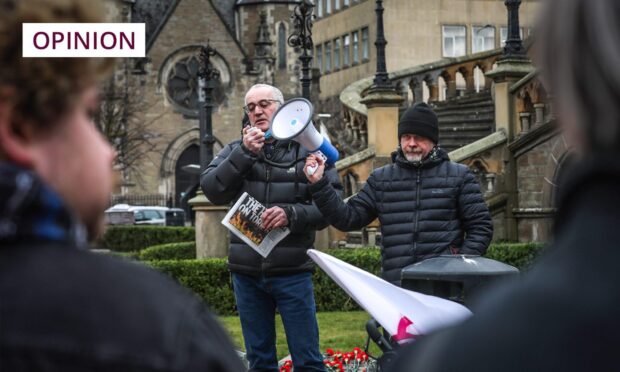
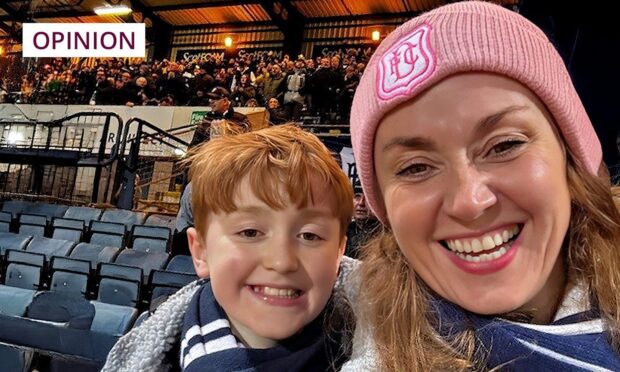
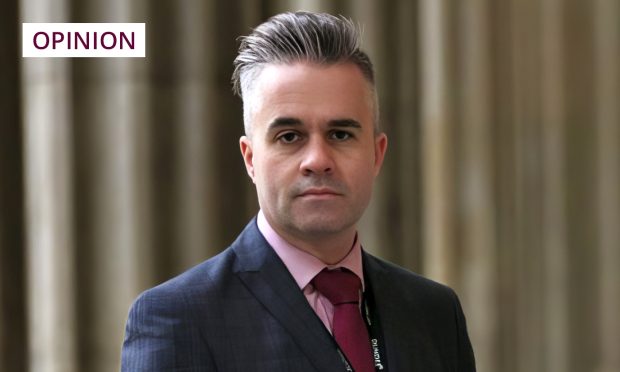
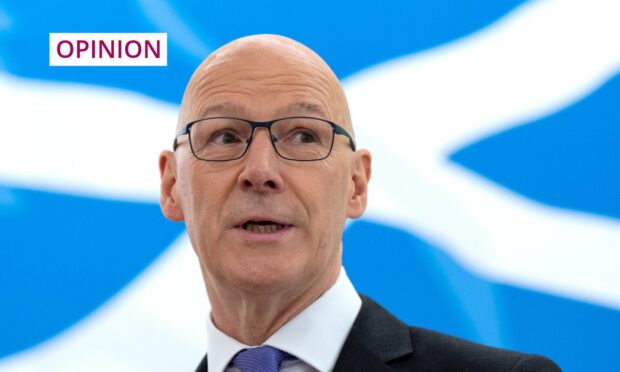
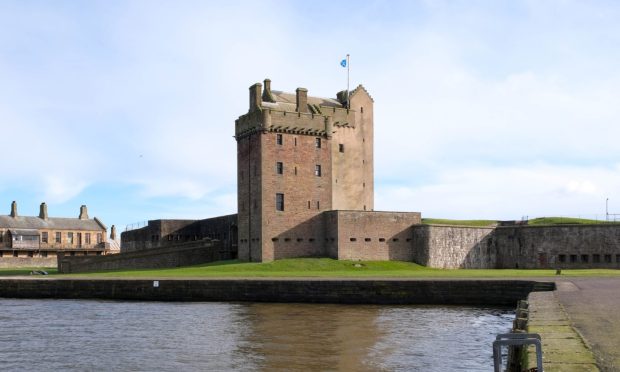
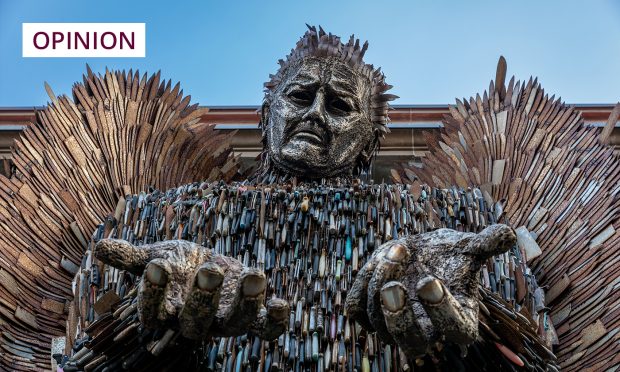

Conversation